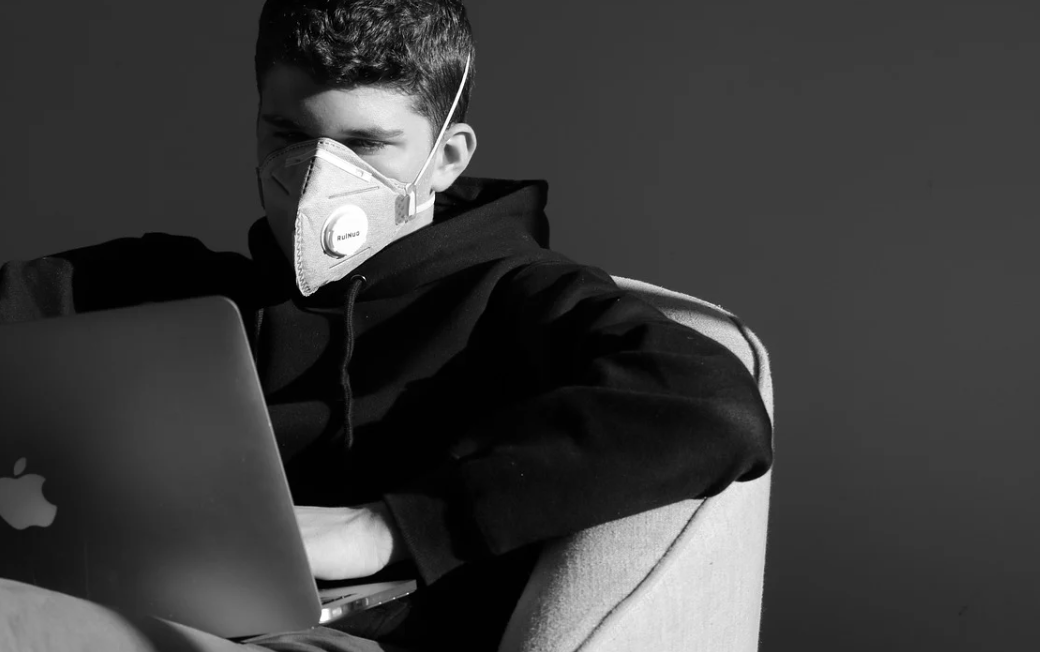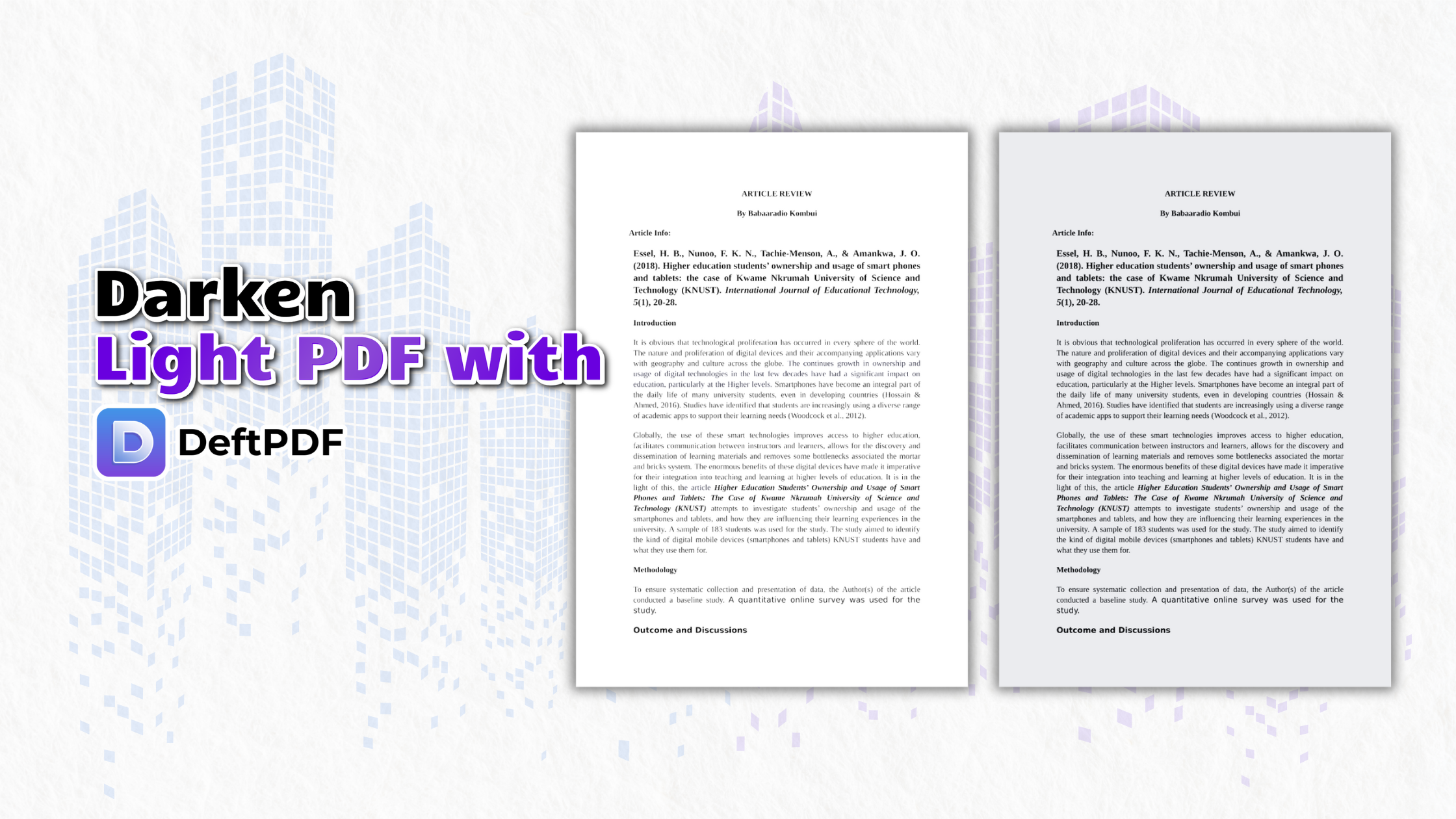
Keeping healthy during isolation should be understood in three states – physical, mental, and emotional. Self-isolation and social distancing can affect any of these states and allow a person to become vulnerable to illness or develop depression so it is incredibly important to keep everything at a balance and following healthy living practices even when staying at home. While we keep a full schedule in the house, here are some best practices to keep yourself physically fit.
Read also: How to Stay Sane at a Time of Pandemic
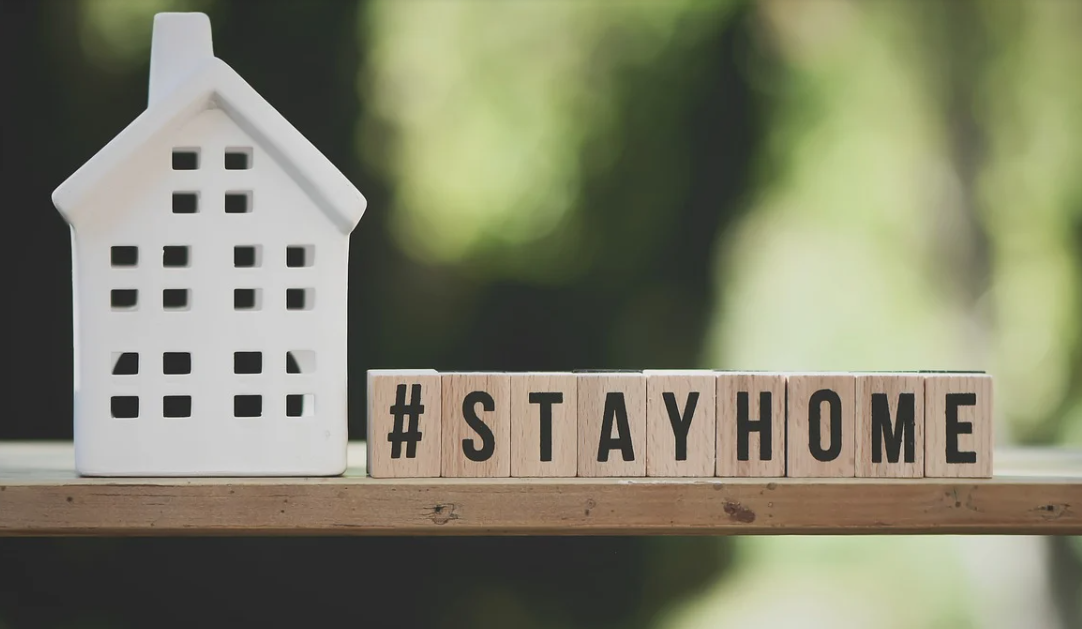
1. Eating Right
Eating right doesn’t just stop with a diet, it has to be a balanced one. During this time where a virus is spreading, it is important to boost our immune system through food intake. This means eating more fruits, vegetables, whole grains, protein, and even healthy fats. Don’t get too excited with “healthy fats” though because it doesn’t mean you can eat all the sweets and chips from your cupboard. These are different kinds of fats that can help your body store energy, clot bleeding, muscle movement, insulate our body, build cell membranes and protect our nerves and vital organs. They come from veggies, nuts, seeds, and fish and can be as delicious as guacamole. It’s tempting to eat junk during self-isolation and lazy weekdays in the house but remember, since we’re less active we need to think about the portions of our food intake and the nutrients it brings to stay away from any virus! Here are some bullet points to remember:
- Eat frequent but smaller portions to enhance digestion
- Eat more fruits, veggies, and grains to get enough fiber and nutrients
- Replace the junk with unsaturated fats that our body needs
- Limit alcohol as it dehydrates our body
- Chew well, don’t gulp. Mindful eating makes our brain realize when we’re really full
- Drink vitamins

2. Drink More
One of the most important habits we should keep is to drink lots of water. Hydration is important because it flushes toxins and delivers nutrients to different parts of our body. Water also helps in digestion, absorption of nutrients, circulation, creation of saliva, and help maintain body temperature. But don’t drink too much water in one sitting because it results in low sodium levels. So how do we know if we’re drinking enough water? Normally, 8-10 glasses of water are recommended but of course, this varies with age or if you live in a hot country. Here’s the recommended minimum:
- Age 1-3 years old: 4 glasses of water / 0.9 liters
- Age 4-8 years old: 5-6 glasses of water / 1.3 liters
- Age 9-13 years old: 6-7 glasses of water / 1.5 liters
- Women ages 14 and above: 7 glasses of water / 1.7 liters
- Men ages 14 and above: 8 glasses of water / 2 liters

3. Keep clean
Laziness can also tempt us to set aside bathing and proper handwashing but according to WHO guidelines, these are the most crucial hygiene practices that should be kept strict, especially when preparing and handling food. Also, since viruses can be transmitted in droplets, ensure that items brought from outside are disinfected and always clean surfaces/objects you often use. Don’t forget to keep raw foods separated and wash your hands after you handle them. It’s not just COVID that we need to be careful of, there are a lot of other viruses and bacteria that can come from raw food and dirty items.
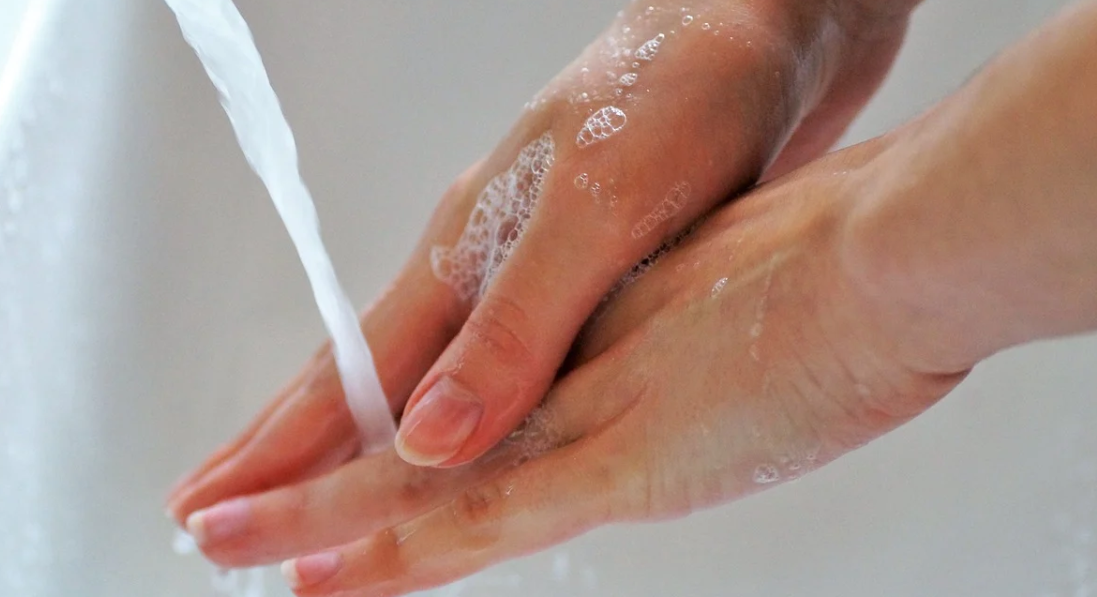
4. Exercise
We’ve repeated this several times because we believe this is essential to everyone’s health. Stay active and exercise! This is a routine that should be done more now than ever because we don’t commute as much and go out like we used to. Our bodies and minds benefit from exercise the most, keeping you sane and healthy always. Here are some ideas that are feasible to be done at home during the quarantine:
- Home Yoga from YouTube channels
- Sitting, standing and walking around in between work from home hours
- Bodyweights exercises
- Dancing
- Active video games or games that require you to move your body
- Playing with your children or playing children's games
- Cleaning the house can also let you sweat
- Indoor house soccer or basketball
- Playing twister or any other board game that requires body movement
Whether you are in self-isolation or not, you can do any of these with or without companions while getting enough exercise.

5. Sleep
Sleep is essential for our immune system because it allows the whole body to recharge and rest. When your body is overworked, it compromises its ability to fight off viruses and bacteria. It’s always recommended to get 7-8 hours of sleep per day and 9-16 hours for younger children or babies. If you have a hard time sleeping, here are some tips to help you doze off:
- Meditate
- Try different room lightings that make you comfortable, it can be dim or a fully dark room
- Count or think of something that bores you
- Read a book
- Drink warm milk or chamomile tea
- Avoid sweets or caffeine
- Avoid exercising before sleeping as it activates the mind
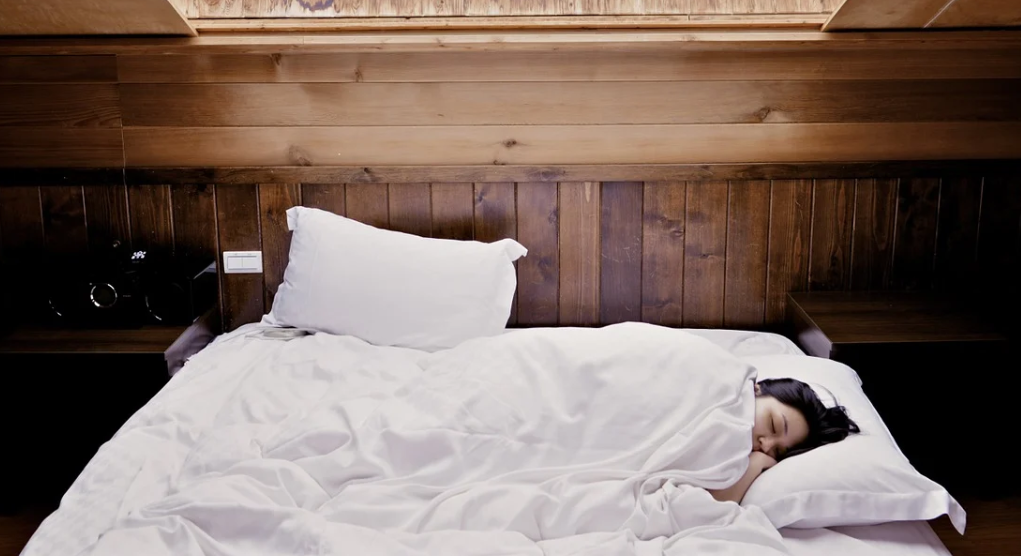
6. Stay at home
Avoid going out unless necessary. Parties and public places can possibly contain viruses. Remember, one infected person with the coronavirus can affect two or more people and then infect more as a ripple effect. If you need to convert, edit, or create PDF, you can easily do so using our free PDF tools online. No need to go to your office, just go to DeftPDF.com and start using any of the tools for free! No need to subscribe, install, or purchase anything! With PDFs, you can be secure of your files whether it’s a contract, a letter, or an informative document.
